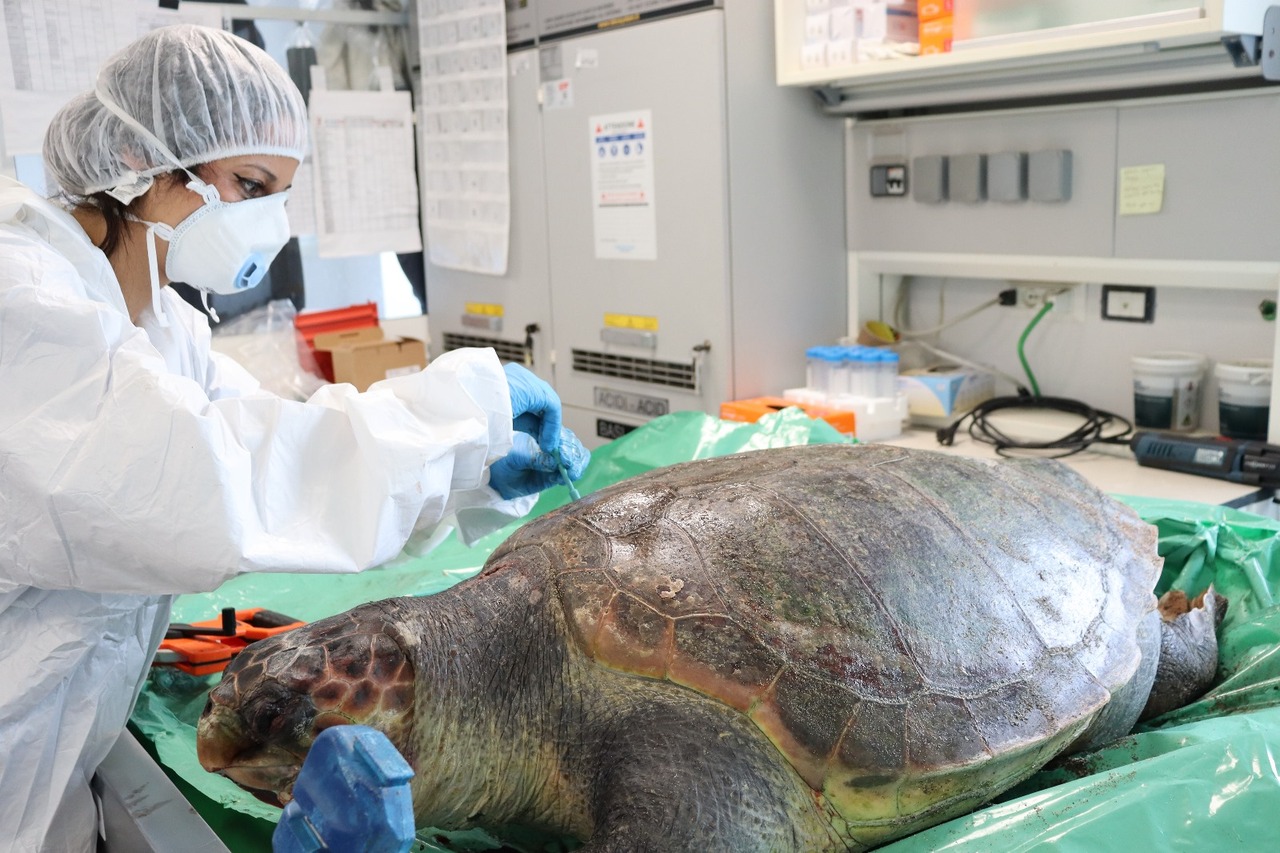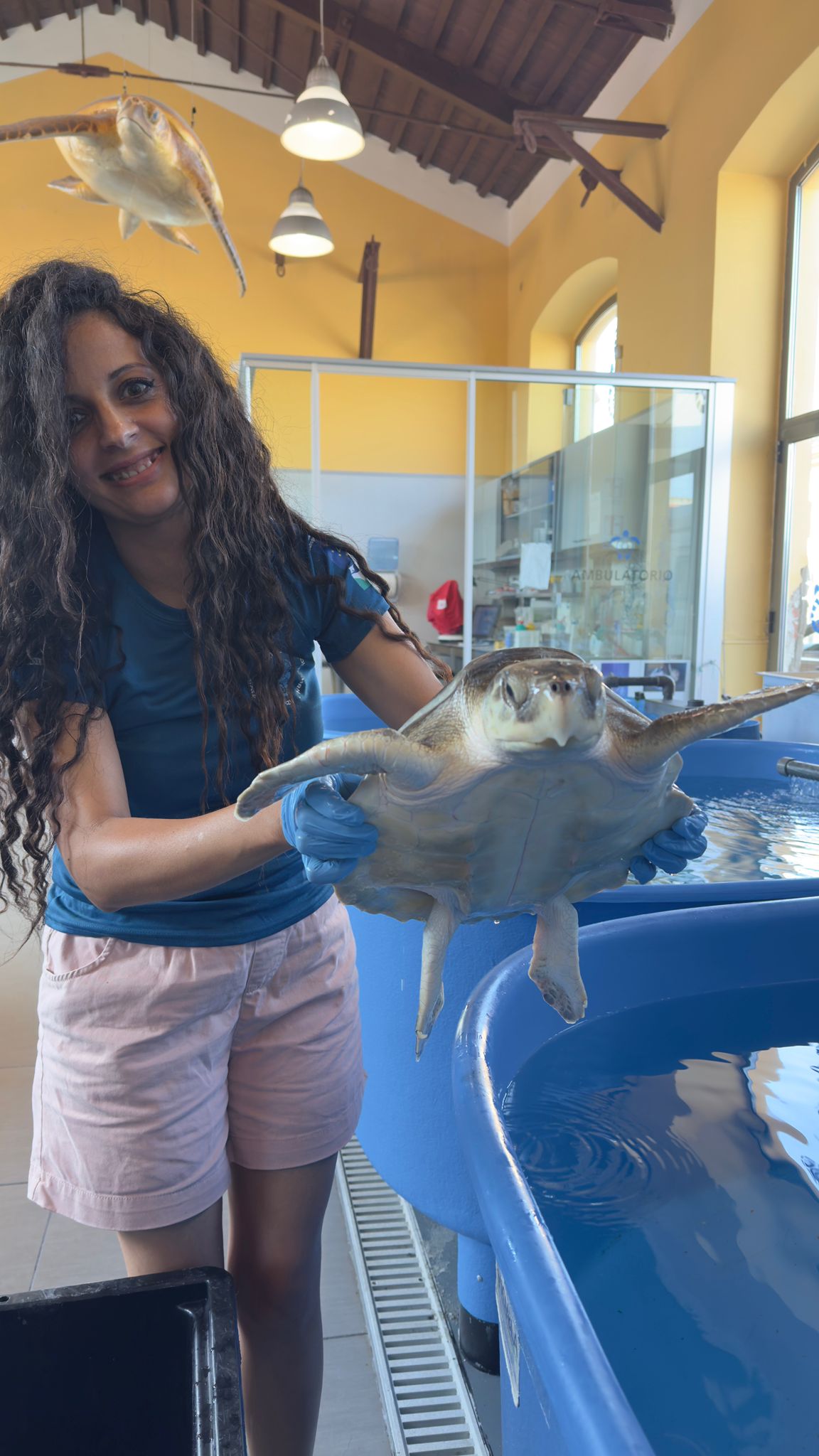A Very Rare Visitor at Turtle Napoli
Remarkable Rescue Story Begins at Turtle Point!
We’re thrilled to introduce Saphira, a critically endangered Kemp’s ridley sea turtle and a very rare visitor to our Mediterranean waters. Her journey is one of resilience, recovery—and a powerful reminder of why protecting our oceans matters.

A Very Rare Visitor at Turtle Point Portici! 
Soon, we’ll share photos of the debris removed from her body—yet another reminder of how dangerous plastic pollution is for these charismatic and critically endangered animals.
Saphira’s story shows that **every one of us can make a difference**: reducing plastic use and protecting our seas is essential to ensure a future for these extraordinary creatures. 



Please sign in or register for FREE
If you are a registered user on WildHub, please sign in
This story is incredible, Wiem!
Saphira’s journey is both heart-wrenching and hopeful, an urgent call to action for ocean conservation. It’s inspiring to see the care and resilience that Turtle Point embodies in giving this critically endangered Kemp’s ridley a second chance.
As someone passionate about conservation and amplifying underrepresented voices, I’m especially moved by how rare her presence is in the Mediterranean. It makes me wonder: how might stories like Saphira’s help spark public engagement or influence policy shifts around marine pollution?
Looking forward to seeing the photos and learning more about the restoration efforts. Thank you for bringing this vital narrative to life!
Warm regards from Kenya,
Simon
Thank you Simon
It's so heart-wrenching to see how plastic pollution is affecting the marine lives. I can't imagine the pain Saphira must have been through! Thank you so much, Wiem! The hardwork of you and your team at Turtle Point, and the strength of Saphira, are giving me hope. I'm curious to know what was the process of healing Saphira?
Thank you so much for your kind words and support—it truly means a lot to us and to Saphira’s journey.
Her recovery started with stabilization: rehydration, thermal support, and careful monitoring of her vitals. Once she began passing plastic debris, we introduced a controlled diet to help her regain strength.
We monitored her closely to ensure normal buoyancy, appetite, and swimming behavior. It’s been a gradual process, but she's responding well.
Saphira’s resilience reminds us why this work matters—and how urgent the fight against marine pollution is.
Thank you so much for sharing this. It truly is remarkable! Best wishes for you and your team for future work!
Thank you